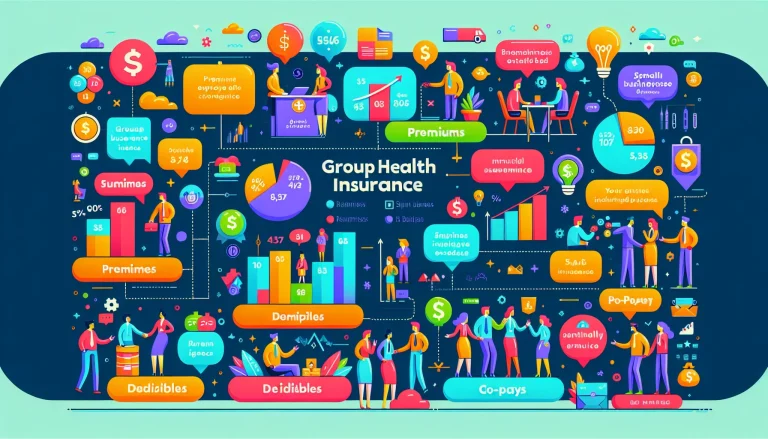Your Ultimate Guide To Insurance Resources: Safeguarding What Matters Most
Thinking about starting a home-based business? You’re not alone. The allure of flexible hours and being your own boss is pretty enticing. But with all the excitement of launching your new venture, you also need to make sure your hard work is protected. That’s where insurance resources come in.
Now, you might be thinking “Insurance resources? That sounds complicated and expensive.”. Many assume their homeowner’s insurance will cover everything for their home business. However, traditional homeowners insurance usually provides minimal coverage for business-related incidents. It is often insufficient for serious claims. Let’s unpack what insurance resources a budding entrepreneur actually needs and show you how finding the right ones can be simple and affordable.
[FULL BLOG CONTENT…]FAQ
How much insurance do I need?
This depends on things like your age, health, and what kind of coverage you want. A licensed insurance agent can help you figure it out. They’ll ask you about you and your life to find the best fit.
What are the different types of life insurance?
There are two main kinds: term life and whole life. Term life is like renting coverage for a set time. Whole life is more like owning it – it lasts your whole life and can build cash value. Both have pros and cons, so it’s good to compare.
How do I get a quote?
It’s easy! You can usually get a quote online or by calling an insurance company. Be ready to give some basic info about yourself. This helps them calculate the cost.
How often should I review my insurance coverage?
You should review your insurance coverage at least once a year or whenever you experience major life changes like getting married, having a baby, buying a home, starting a business, or changing jobs. Regular reviews ensure your coverage keeps pace with your evolving needs and helps you avoid being underinsured or paying for coverage you no longer need. Life changes quickly, and your insurance should adapt accordingly to provide the right level of protection.
What is a deductible and how does it work?
A deductible is the amount of money you pay out-of-pocket before your insurance coverage kicks in to pay the rest. For example, if you have a $1,000 deductible on your home insurance and file a claim for $5,000 in damage, you pay the first $1,000 and your insurance covers the remaining $4,000. Generally, policies with higher deductibles have lower monthly premiums, while lower deductibles mean higher premiums. Choose a deductible amount you can comfortably afford to pay if you need to file a claim.
What questions should I ask when comparing insurance companies?
When comparing insurance companies, ask about their financial stability ratings from independent organizations like A.M. Best, which indicates their ability to pay claims. Inquire about available discounts you might qualify for, such as bundling multiple policies, safe driving records, or security system installations. Ask about the claims process – how easy is it to file a claim, what’s the average response time, and what percentage of claims are approved? Check customer satisfaction scores and complaint ratios through resources like J.D. Power surveys or your state insurance department. Finally, ask about coverage limits, exclusions, and whether the policy includes features important to you like rental car reimbursement or roadside assistance. Don’t just focus on price – the cheapest policy may not provide the coverage you need when it matters most.
Can I bundle different types of insurance to save money?
Yes, bundling multiple insurance policies with the same company can lead to significant savings – often 15-40% on your combined premiums. Most insurance companies offer multi-policy discounts when you purchase two or more types of coverage, such as combining your home and auto insurance, or adding renters insurance with your auto policy. Some insurers also let you bundle life insurance, umbrella policies, or business insurance for additional savings. Beyond the cost savings, bundling simplifies your insurance management by consolidating payments, renewal dates, and customer service into one company. However, always compare the bundled price against purchasing separate policies from different companies to ensure you’re truly getting the best deal, as sometimes individual policies from specialized insurers might offer better overall value even without the bundling discount.





